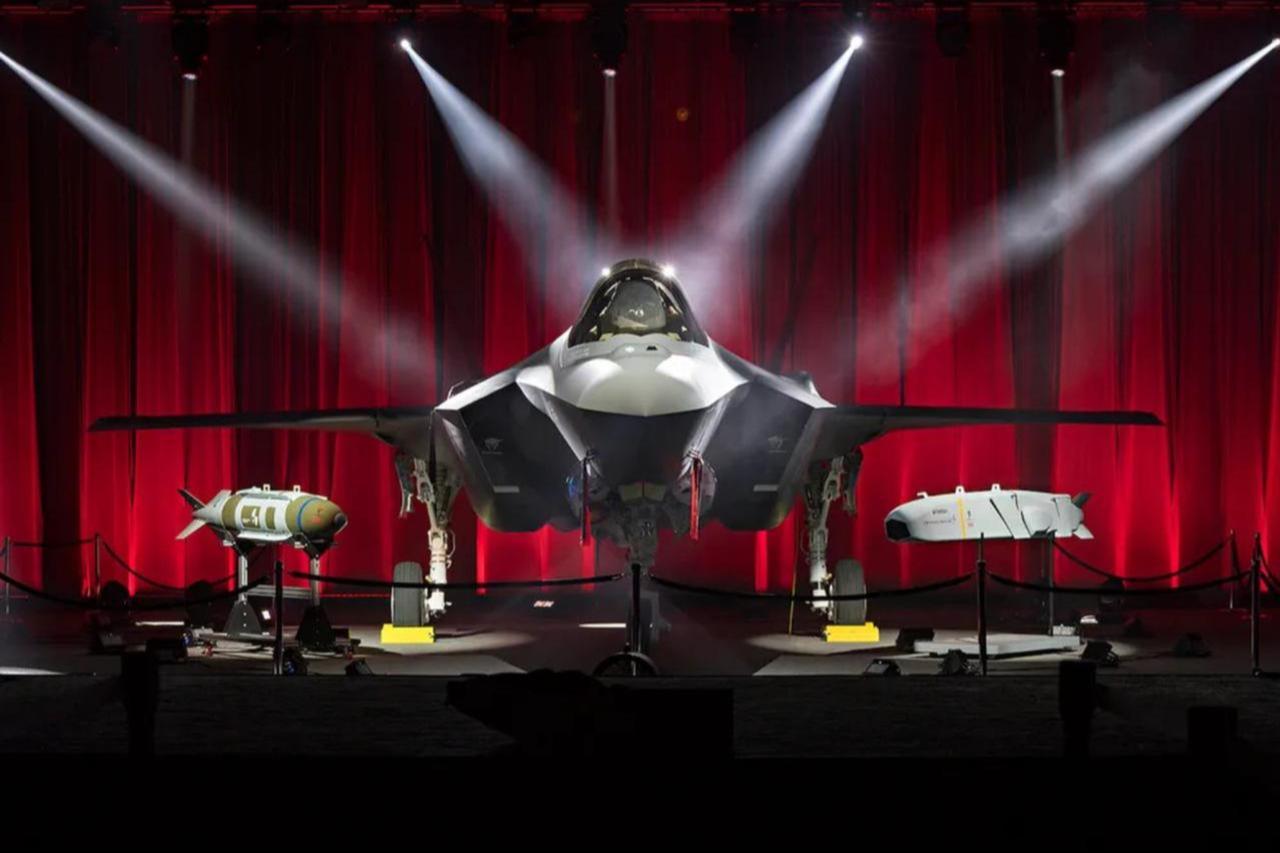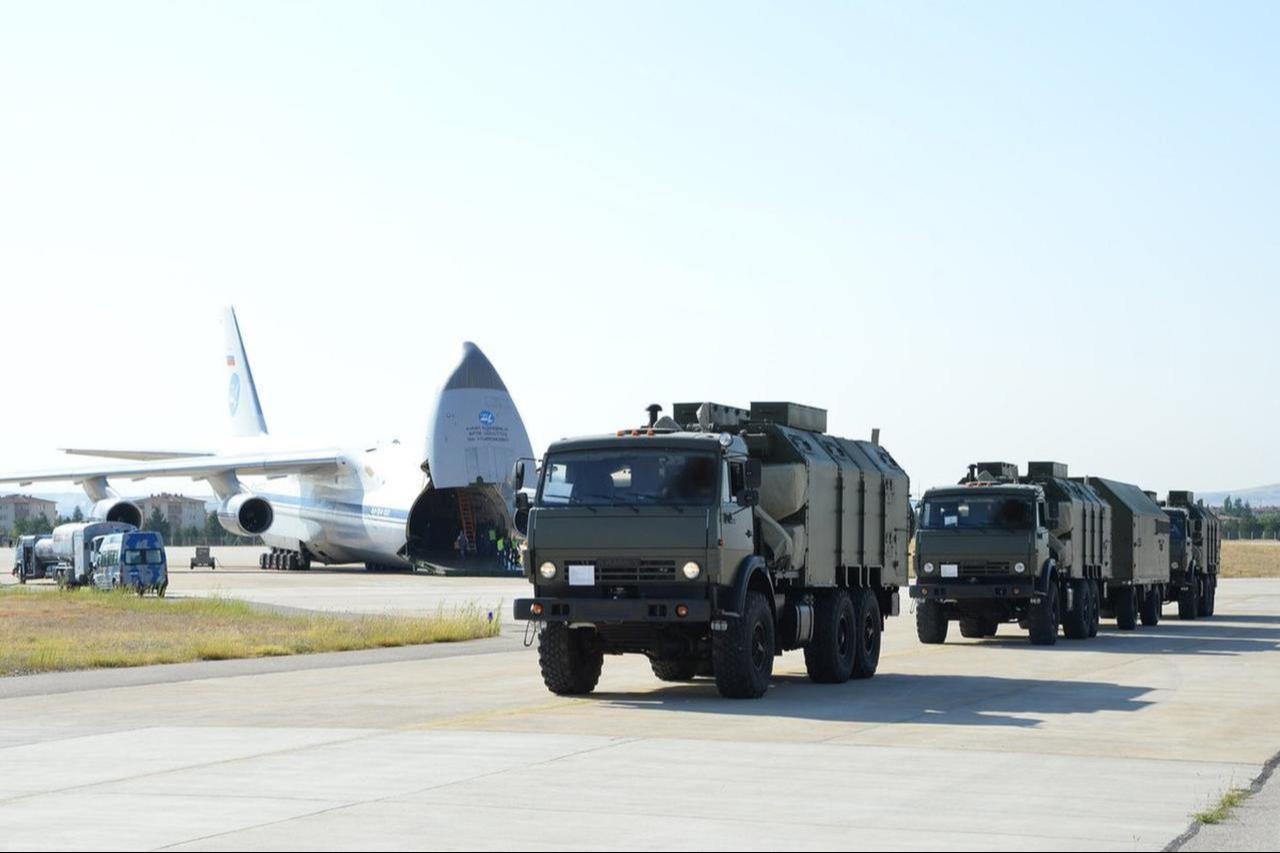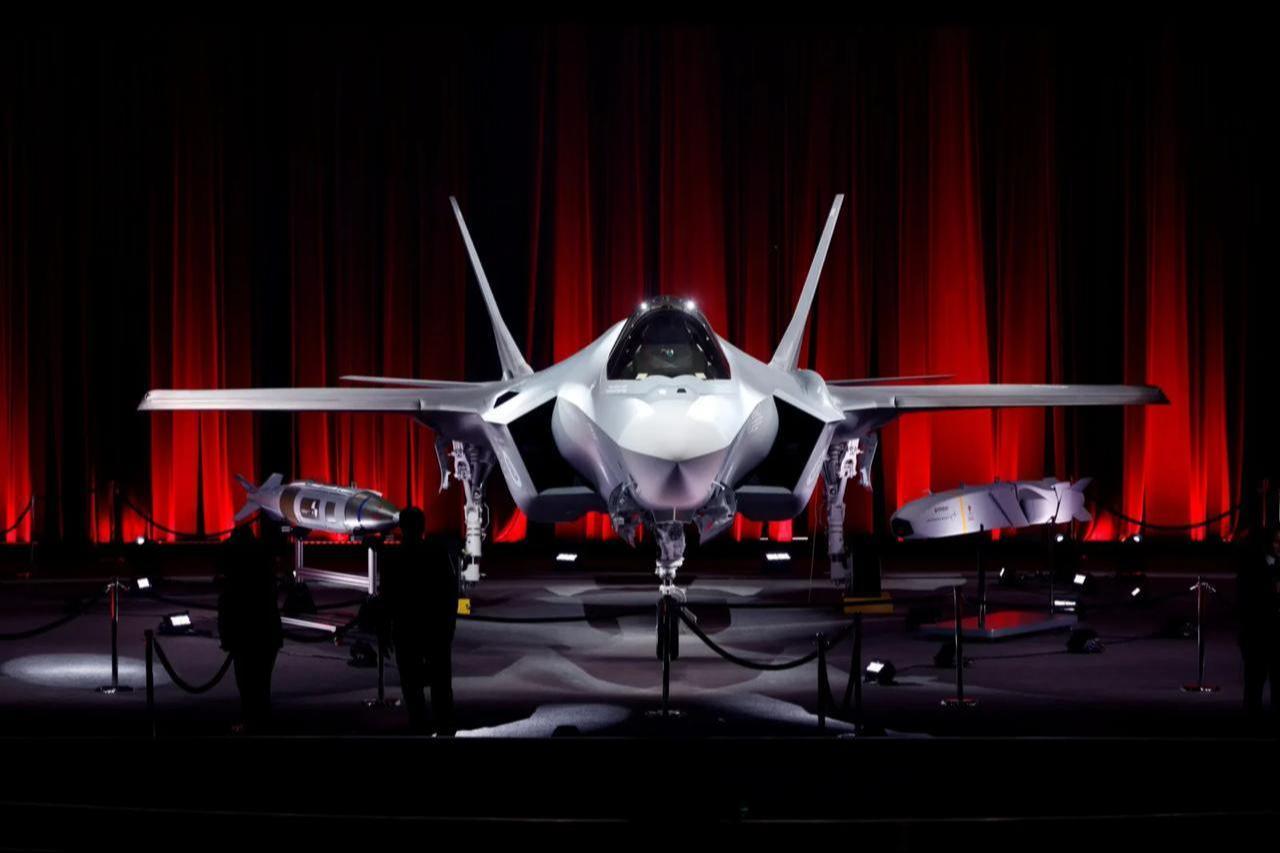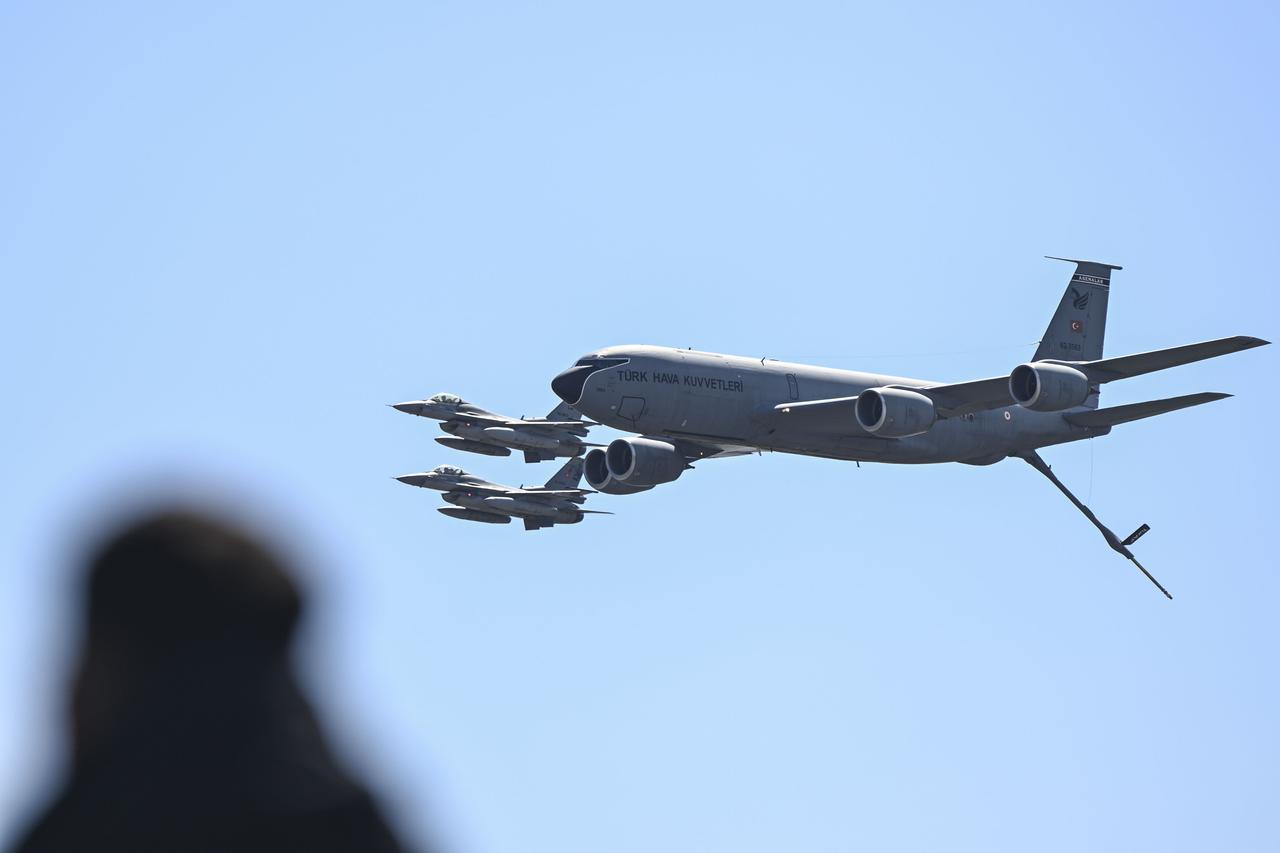
President Recep Tayyip Erdogan will seek approval for local production deals worth more than $10 billion when he meets President Donald Trump at the White House on Sept. 25, as Türkiye pushes to manufacture parts for American fighter jets and commercial aircraft.
Erdogan plans to purchase hundreds of Boeing Co. airliners and Lockheed Martin Corp. fighters while negotiating to offset payments through Turkish production agreements, according to people familiar with the matter who spoke to Bloomberg on Tuesday on condition of anonymity because the plans are confidential.
The meeting marks a critical moment as Ankara attempts to reset strained relations stemming from its purchase of a Russian S-400 missile-defense system and other disputes with Washington.

Türkiye's acquisition of the Russian S-400s triggered U.S. sanctions known as CAATSA, which targeted the nation's defense industry and resulted in its removal from the F-35 development program.
Despite Washington's demands to abandon the Russian systems, Ankara has refused to jettison the S-400s but hopes Trump will agree to amend CAATSA sanctions to enable Türkiye to buy 40 F-35A jets built by Lockheed, Bloomberg reported last week.
Such a move could end the suspension of 10 Turkish companies previously on track to make about $12 billion in F-35 parts, including the center fuselage produced by Turkish Aerospace Industries (TAI), according to the people.
"Some Turkish electronics companies could continue to provide critical software solutions, and some others may help bypass tighter European Union regulations that restrict the use of certain chemicals in the production of the plane's components," the sources told Bloomberg.

Erdogan is also hoping to finalize the purchase of 40 Lockheed Martin Corp.'s latest generation F-16 Vipers along with hundreds of bombs, missiles and spare engines, Bloomberg reported earlier.
The U.S. approved the sale last year after Türkiye ratified Sweden's NATO membership.
Ankara originally planned to buy 79 upgrade kits as part of a $23 billion purchase to modernize its existing F-16 fleet, but decided to pursue F-35As instead, the people said.
Türkiye operates around 240 F-16s, the second-largest fleet globally after the United States. The new F-16 purchases could enable Ankara to retire its aging F-4 jets while the country develops its own warplane capabilities.

Ankara has been seeking U.S. permission to obtain and assemble GE Aerospace F110 and F404 engines used in American-made fighter jets and in Türkiye's twin-engine Kaan warplanes and Hurjet training aircraft, according to the sources.
The U.S. has yet to respond to Türkiye's request, which could accelerate production of American engines amid rising demand for U.S.-made warplanes, the people told Bloomberg.
Türkiye's Defense Ministry declined to comment on the planned discussions.
Resolving the S-400 dispute could lead to an unprecedented increase in defense-industry cooperation between the longtime NATO allies, potentially transforming Türkiye's role in the global aerospace supply chain.